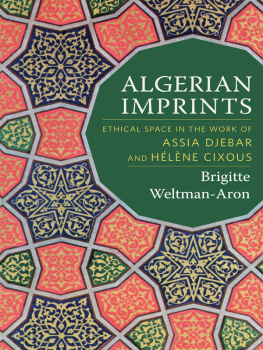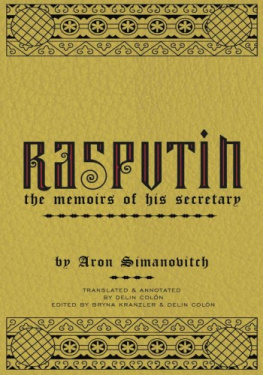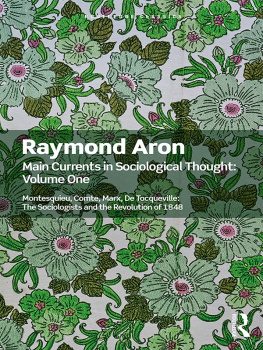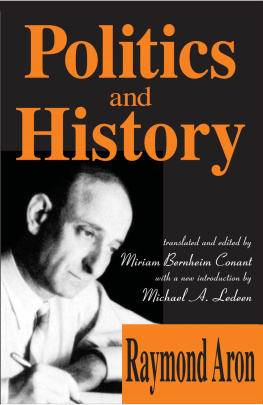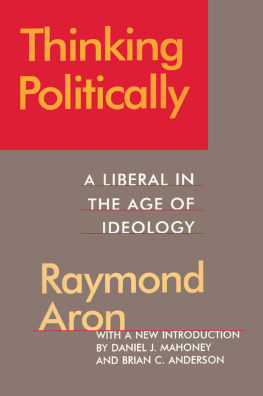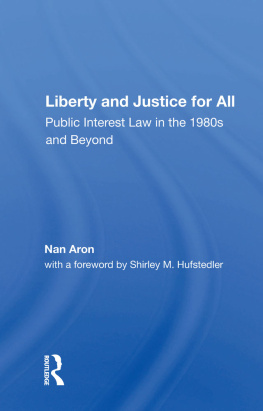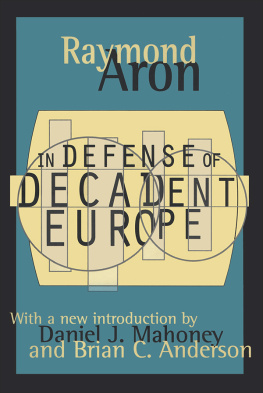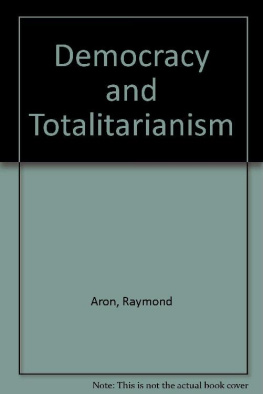ALGERIAN IMPRINTS
| Algerian Imprints |  |
Ethical Space in the Work of
ASSIA DJEBAR and HLNE CIXOUS
Brigitte Weltman-Aron
Columbia University Press
New York
Columbia University Press
Publishers Since 1893
New York Chichester, West Sussex
cup.columbia.edu
Copyright 2015 Columbia University Press
All rights reserved
E-ISBN 978-0-231-53987-6
Library of Congress Cataloging-in-Publication Data
Weltman-Aron, Brigitte, 1961
Algerian imprints: ethical space in the work of Assia Djebar and Hlne Cixous / Brigitte Weltman-Aron.
pages cm
Includes bibliographical references and index.
ISBN 978-0-231-17256-1 (cloth: alk. paper) ISBN 978-0-231-53987-6 (e-book)
1. Djebar, Assia, 1936Criticism and interpretation. 2. Cixous, Hlne, 1937 Criticism and interpretation. 3. Women and literatureAlgeria. 4. Politics and literatureAlgeria. I. Title.
PQ3989.2.D57Z94 2015
843.914dc23
2014042955
A Columbia University Press E-book.
CUP would be pleased to hear about your reading experience with this e-book at .
COVER DESIGN: Milenda Nan Ok Lee
References to Web sites (URLs) were accurate at the time of writing. Neither the author nor Columbia University Press is responsible for URLs that may have expired or changed since the manuscript was prepared.
For Dragan
In memory of Ghislaine
Contents
This book could not have been written without the generous help of many colleagues and friends. I am profoundly grateful to Deborah Amberson and Alioune Sow for their invaluable comments and lucid suggestions for revisions and their unfailing support at various stages of writing this book. I am also indebted to those who invited me to present my work about Hlne Cixous or Assia Djebar and to the editors who included me in their projects: Ralph Albanese and M. Martin Guiney, Isabelle Cata, Michael Du Plessis, Florence Fix, Bernadette Fort, Catherine Jones, Jonathan Judaken, Peggy Kamuf, Laurence Le Diagon-Jacquin, Eric Prenowitz, Najib Redouane, Frdric Regard, Martine Reid, Anna Rocca, Marta Segarra, Georges Van den Abbeele, Samuel Weber, and David Wills. Grateful acknowledgment is made to the University of Memphis and the University of Florida for awarding me internal grants that helped me complete this book. I particularly wish to thank the Department of Languages, Literatures and Cultures at the University of Florida and Mary Watt for their support of this project. In preparing the manuscript for publication, I benefited from the experience and guidance of Wendy Lochner, Christine Dunbar, and Susan Pensak, and I thank the three of them for their kindness and their patience. It is my pleasure to thank the friends and family members who were dedicated to my work: Dragan Kujundi, who provided constant feedback and encouragement, as well as Shifra Armon, Tace Hedrick, Anna Klobucka, William Little, Sarra Tlili, Bndicte and Marcel Weltman-Aron. I am particularly grateful to Rda Bensmaa, Verena Conley, Hafid Gafati, and Mildred Mortimer, for their kindness to me, as well as their resourcefulness and expertise. Doris Kadish, Jennifer Wagner-Lawlor, and Leonard Lawlor have been for many years friends and colleagues of extraordinary generosity and assistance to me.
The writings of Hlne Cixous and Assia Djebar have accompanied me closely for many years. I am deeply grateful to Hlne Cixous for her invariable kindness and generosity. The last stages of this books production were saddened by news of the death of Assia Djebar. I never had the opportunity to meet her but I am thankful to have had the chance to read her.
Material for three chapters of Algerian Imprints was previously published and appears here in revised and expanded form. appeared as La Sirne rsiste: Figures dUlysse chez Assia Djebar, in Ulysse1/2, ed. Laurence Le Diagon-Jacquin, Le Paon dHra 9 (December 2012): 17585. I thank the journals and editors for granting me permission to reprint the essays.

Most works by Assia Djebar and Hlne Cixous have been translated into English, and they have long attracted critical attention in the United States, in particular because of their original poetics but also because of their groundbreaking discussion of sexual difference (especially in the case of Cixous), as well as for their examination of contemporary political issues inside and outside of Algeria. I have gratefully relied on and referred to existing translations when they are available, and my occasional silent modifications are intended to render the motifs I analyze in their texts as closely as possible to the original French. There are several monographs entirely devoted to each, and other studies analyzing two or more francophone writers may include among them a discussion of either Djebar or Cixous. Yet bringing these two writers together in one study, as is done in this book, has rarely, if ever, been undertaken by critics. Alison Rice is a notable exception, but she encompasses her analyses of their works within a larger group of Maghrebian authors, while Mireille Calle-Grubers separate publications about Cixous or Djebar may point to the recognition of a proximity between the oeuvre of the two writers, which, to my knowledge, she has not explicitly brought up; thus Liana Babayan may well have been the first author to have focused exclusively on Djebar and Cixous in her dissertation.
). Yet each chapter exposes sequentially as well what turns out to be converging assessments of the political. In sum, my demonstration of Djebars and Cixouss political and ethical proximity is coupled with a sustained engagement with each authors poetics and texts about Algeria; but my general purpose is to determine the ways in which their configuration of and response to the political are comparable in spite of and through their different textual strategies. This, I claim, is the novelty of my book, which teases out, through differences, the common mapping out of the political in their Algerian imprints.
The specificity of my approach consists in focusing on the ways in which the reflection about colonized Algeria on the part of Djebar and Cixous leads each to elaborate strategies other than the con-firming or aesthetizing of victimization, which does not mean denying the inequalities of colonization. Algerian Imprints insists on an affirmative thinking in Djebar and Cixous, whose delineation of the political aims to preserve a space for difference informed by an experience of marginalization and nonbelonging. In that respect at least, there is a definite coincidence between the two writers, which is by no means widespread in that generation of writers born in French Algeria.
This book thus investigates Cixouss and Djebars writings as exemplary of a philosophical interrogation of the political that takes into account the complicity between the political and the symbolic, a conjunction that is both oppressive and enabling. Their works do not merely operate outside a historical context but respond to it explicitly. I locate the specificity of their assessment of the political within a network of other evaluations with which they engage at times openly in dialogue. Philosophers who are juxtaposed to and contribute to this thinking in




